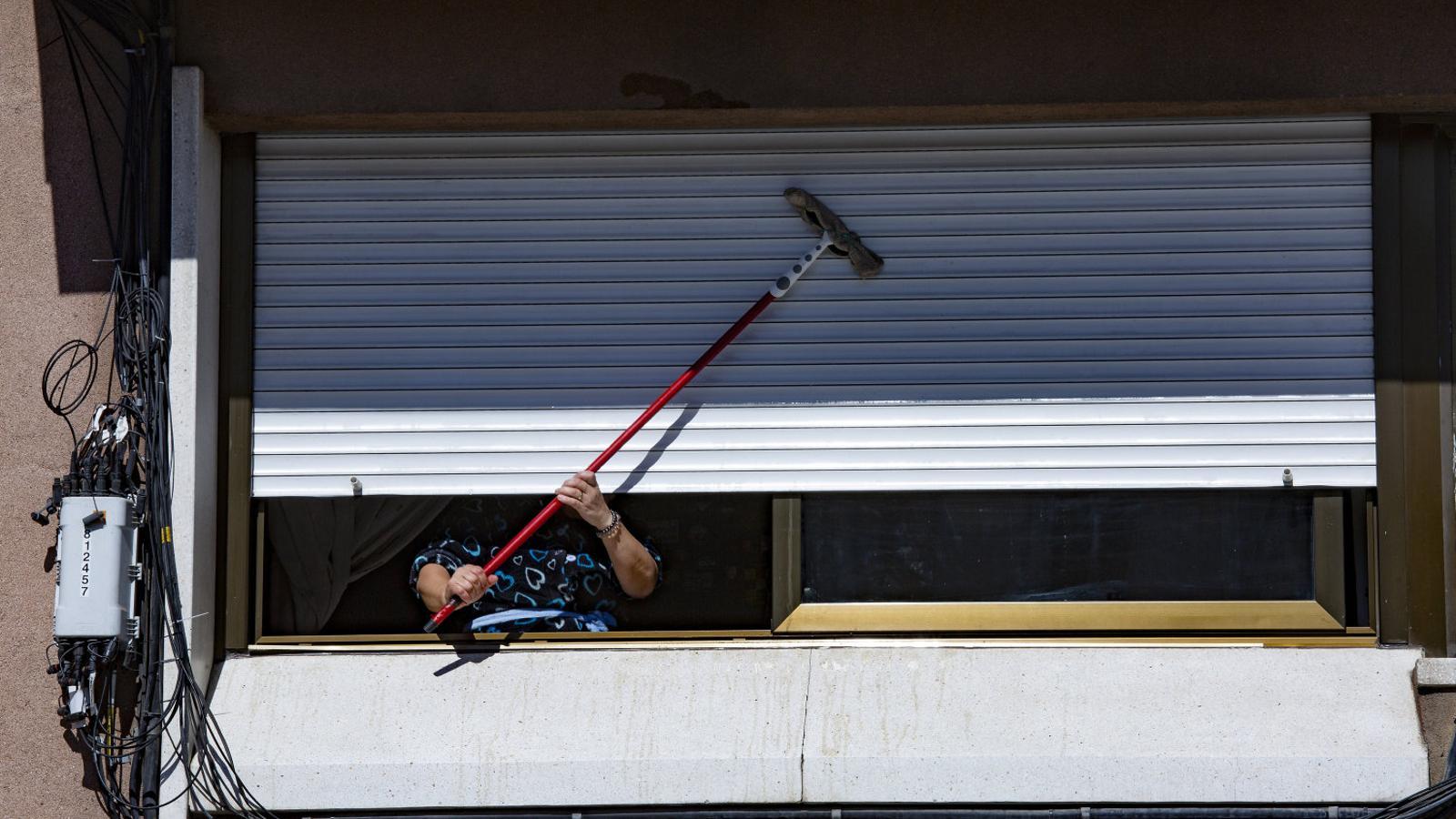

In Catalonia we have the lowest unemployment rate since 2008. And yet, something is jarring. How is it possible that 16.2% of working people live in poverty? How can one in four people be at risk of social exclusion? If having a job no longer guarantees a decent life, perhaps we should ask ourselves what value work has today.
This is the question that drives social organizations. Because work, if it doesn't transform, if it doesn't dignify, if it doesn't provide stability, ceases to be an opportunity and becomes a trap. Behind the positive figures lie lives in precarious balance, silenced stories, truncated trajectories. It is necessary to put a face to precariousness and return dignity to the center of the debate on employment.
Every year, more than 100,000 people pass through the integration and training programs of the social organizations of ECAS (Catalan Social Action Entities). Behind this number are young people struggling to find their place, women experiencing violence, people with disabilities, immigrants—documented or undocumented—struggling to rebuild their lives. These are stories that don't fit into a statistic. We, as organizations, quietly accompany them where the government often fails to reach.
Therefore, with the disappearance of public programs such as Singular, which supported more than 3,500 young people each year, and an overall reduction in the Generalitat's budget for employment policies, we raise our voices. Because everyone deserves to have the same opportunities. Because access to decent work is as essential as having access to healthcare or education. It's time to say it clearly: decent work is a basic right.
We call for a transformation of a system that discriminates against people in particularly complex situations and undervalues the work of social organizations. We demand shared governance, stable funding, and institutional recognition. We are not just service providers: we are part of the solution.
Social cohesion is not built with speeches, but with commitments. And today, more than ever, courage is needed. These days, we have seen how hate speech fuels direct attacks against the migrant population. The same population that largely sustains the pillars of our society: those who harvest the fruit we eat, those who care for the elderly and dependent, those who clean the spaces we inhabit. They do so, too often, in undignified, invisible, exploitative conditions.
Guaranteeing the right to decent work for all people, regardless of their background, is not just a matter of justice: it is a commitment to the society we want to be. And only with political will can we move closer to a more just, equitable, and cohesive Catalonia.
